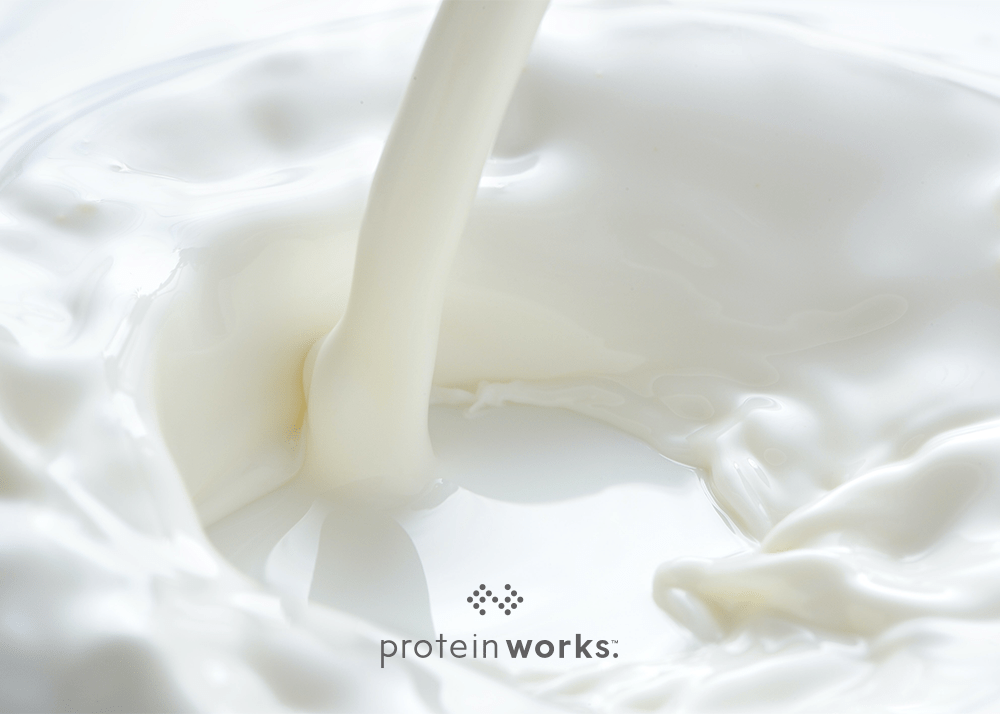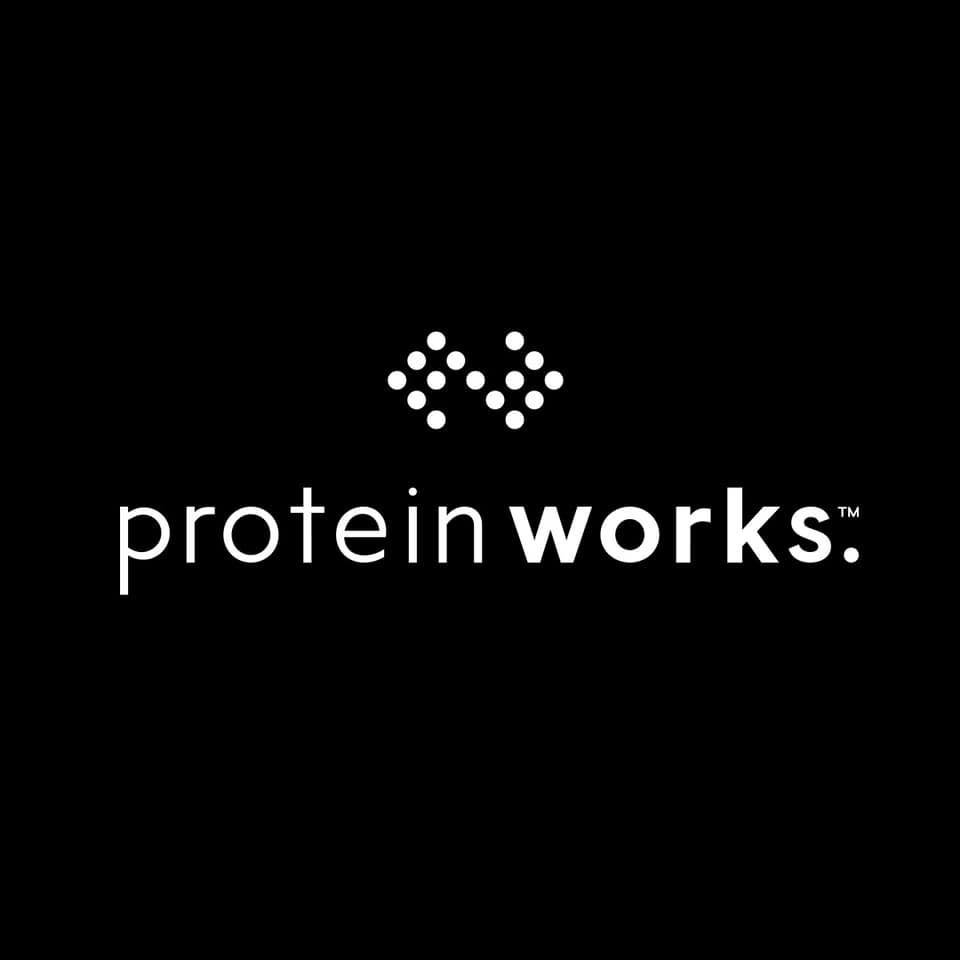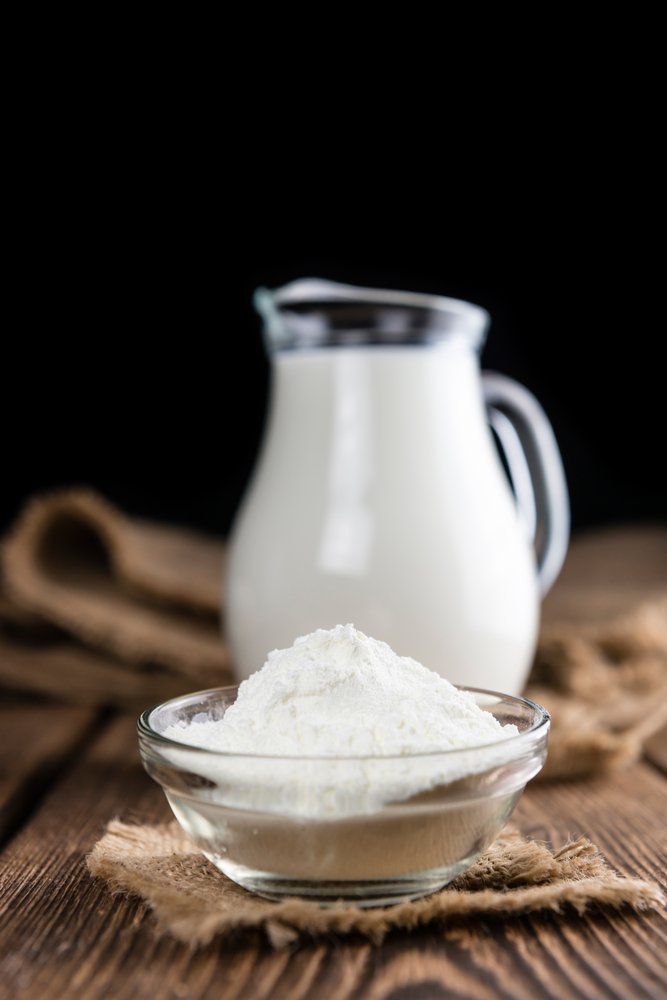
Milk Protein & Muscle Growth
Milk Protein is a highly pure protein source taken from filtered milk. The constituent components of Milk Protein are slowly purified to produce a much higher yield of protein, rich in branch chain amino acids, calcium and low in fat. The process minimises any chance of the protein denaturing, and ensures the whey protein and casein that form Milk Protein, stay as close to their original form as possible. Clinical research has shown Milk Protein to be effective at delivering a sustained source of amino acids over a period of hours, rather than other faster digested protein types that are more commonly used. These properties give Milk Protein a very unique profile and effectively provide an edge in muscular growth and development. In this article we look into the role Milk Protein has in muscle growth and why it is so important as a part of any mass gaining program.
Milk Protein and Muscle Growth
For muscle growth to take place, athletes and bodybuilders need to use every opportunity they have to increase protein synthesis and decrease muscle protein breakdown. Any potential protein sources should be tailored to the body’s needs based on their benefits. On one end of the spectrum, Hydrolysed Whey Protein is absorbed ultra-rapidly making it ideal for post workout consumption. On the other end is Milk Protein. As Milk Protein is proven to be the slowest release protein (up to 7 hours), it should be used at times when the body doesn’t need protein quickly.
Both Milk Protein and Hydrolysed Whey Protein are very effective in their own specific ways; if we were to switch over when we took them it would render them massively ineffective. With that in mind and so many research studies supporting it, to really make your training count one protein source doesn’t work for everything. Different protein types must be used at different times to maximise potential muscle growth.
Milk Protein Function
As Milk Protein is digested, it forms a gel within the gut which continuously releases amino acids into the body. These amino acids from Milk Protein can fuel protein synthesis, but it mainly prevents muscle tissue breakdown. Muscle tissue breakdown is essential to overcome when trying to attain muscle growth. Minimising any time this can occur increases the amount of lean tissue that the body is able to put down. A Baylor University study, found that men who drank a Milk Protein shake (casein mixed with whey) during a 10-week span gained considerably greater muscle mass than those who consumed a whey protein shake without casein. To promote growth you must also limit any catabolic factors, that’s when you will really see results.






No Comments yet!